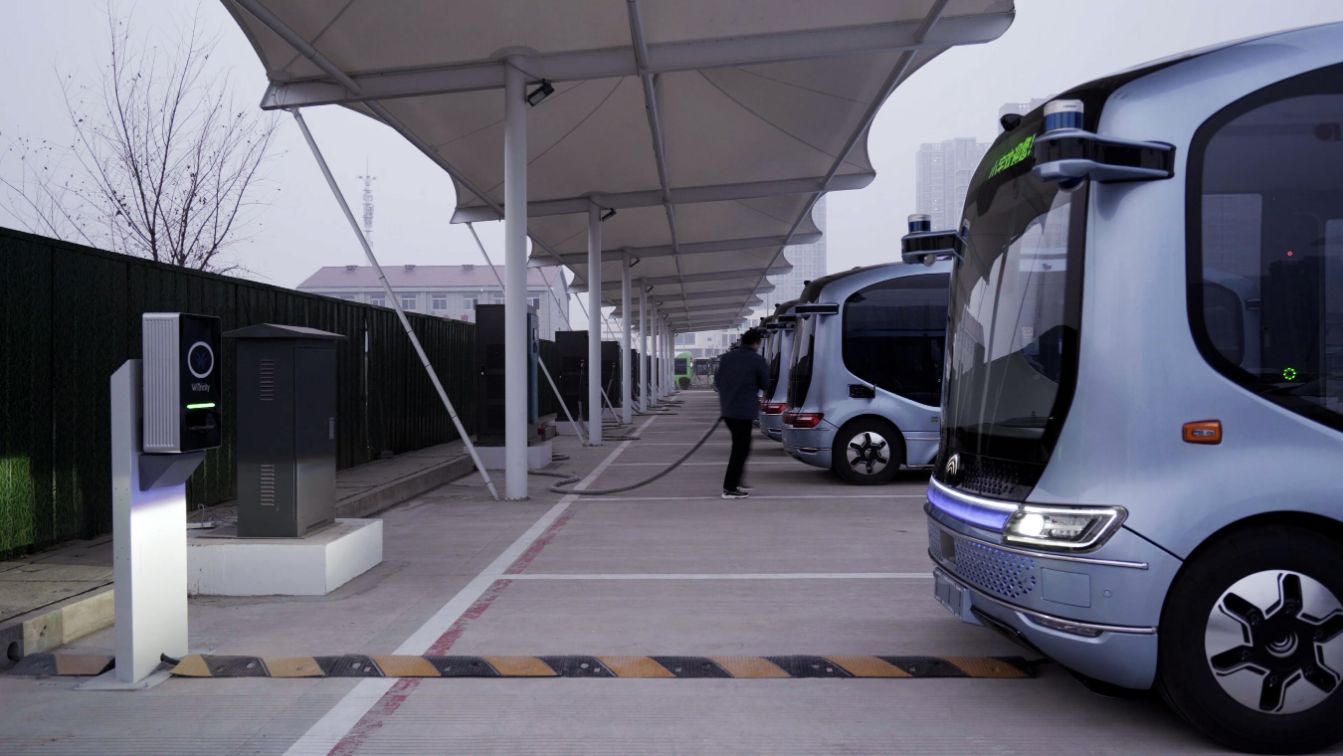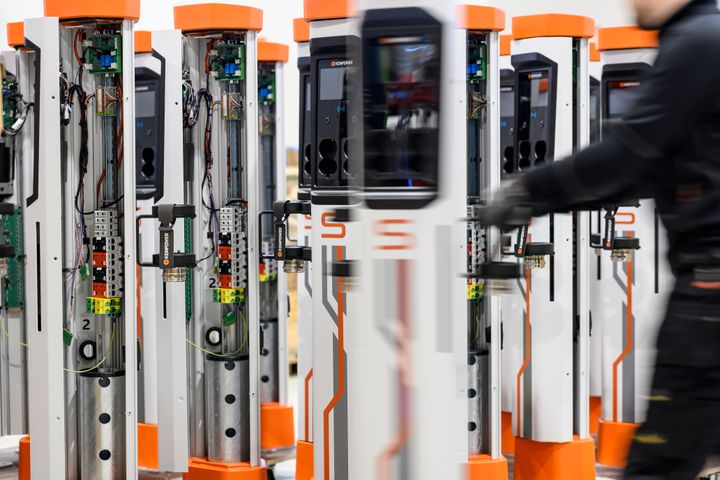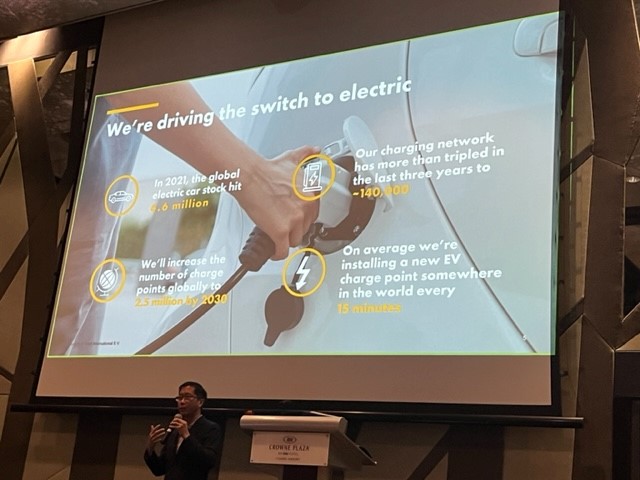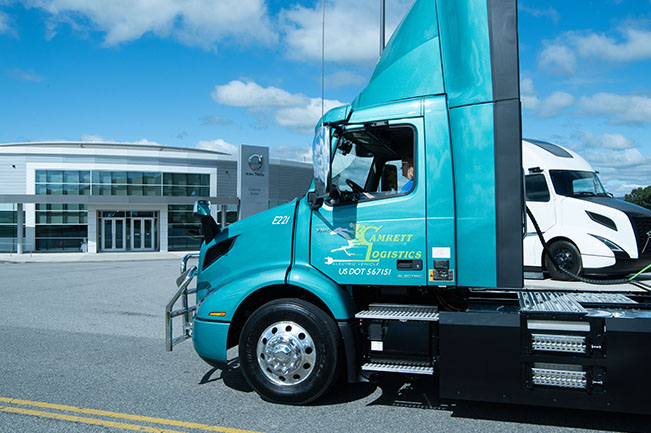WiTricity, a leading provider of wireless charging systems in the US, has partnered with Chinese manufacturer Yutong Bus to bring inductive charging to automated electric minibuses.
The two companies have already successfully launched a full commercial operation of their technology in Zhengzhou, China, with the deployment of the Xiaoyu 2.0 minibus. This Level 4 automated minibus has a seating capacity of ten passengers and a range of 150 kilometers, and will be used for public transport in the city.
See also: Ram Trucks Unveils Inductive Charging Robot for Upcoming Revolution Electric Truck
The charging facility features both inductive charging points and wired charging stations as a backup solution. However, the goal is to eventually phase out the wired charging stations, as they require a human to plug them in, which goes against the purpose of having a fully automated, crewless minibus.
According to WiTricity, their technology is not only ideal for autonomous vehicles but also for transit scenarios where traditional charging cords and cables can be a hazard. The company believes that as autonomous shuttles and buses become more prevalent, wireless charging will play a crucial role in keeping them operational.
See also: Volvo launches wireless charging technology for electric vehicles
In addition to its use in autonomous transportation, WiTricity sees potential for its wireless charging technology in automated freight transport as well. The CEO of WiTricity, Alex Gruzen, stated, “As autonomy progresses, the logistics of charging and servicing will become even more critical. WiTricity wireless EV charging can enable the next generation of electrified transportation and logistics.”
This is not the first time WiTricity has deployed its wireless charging technology, as it has already been used in car models such as FAW’s HongQi and Genesis’ GV60. The company is also conducting studies to see how inductive charging can be used in taxi queues.







